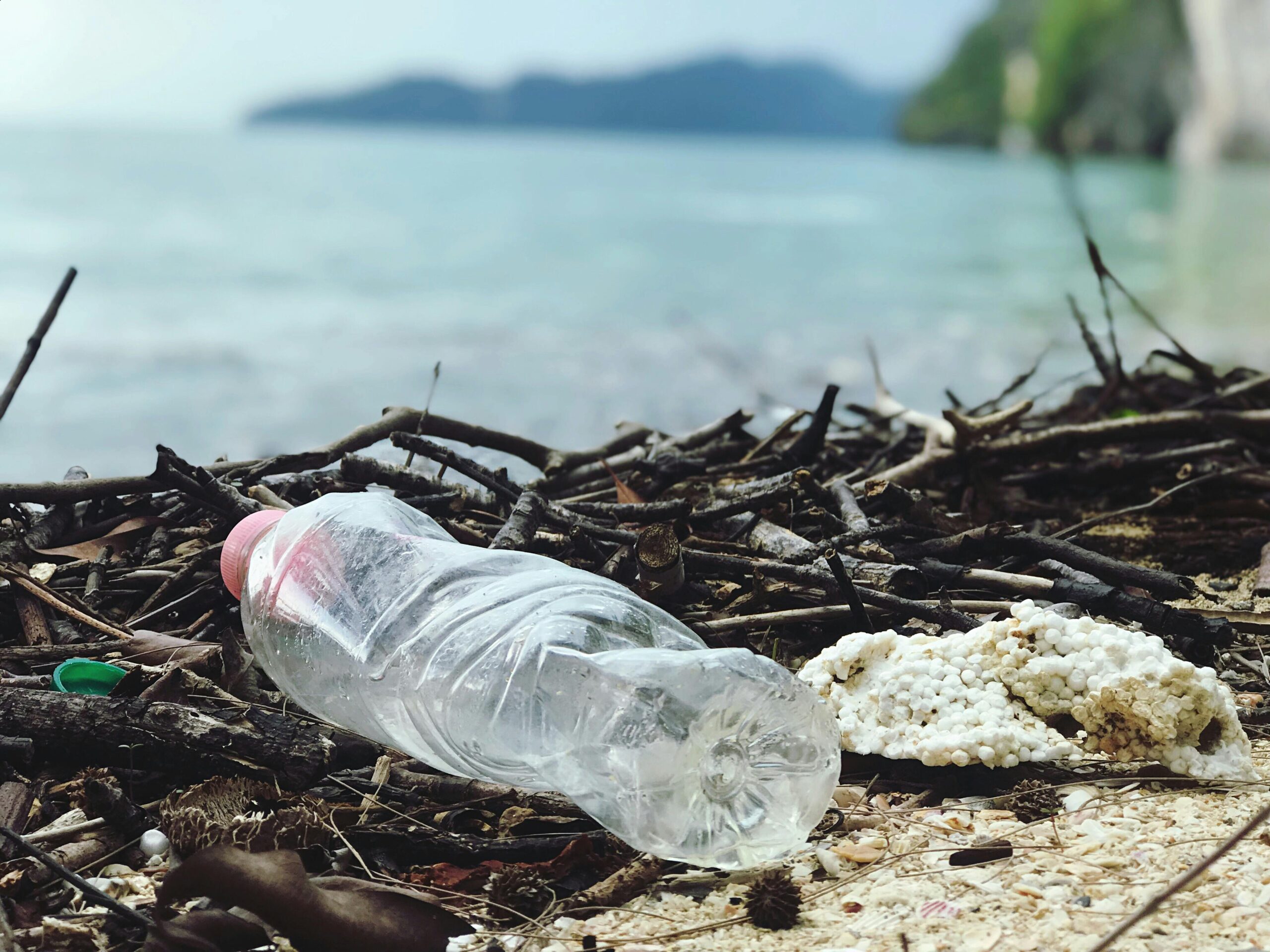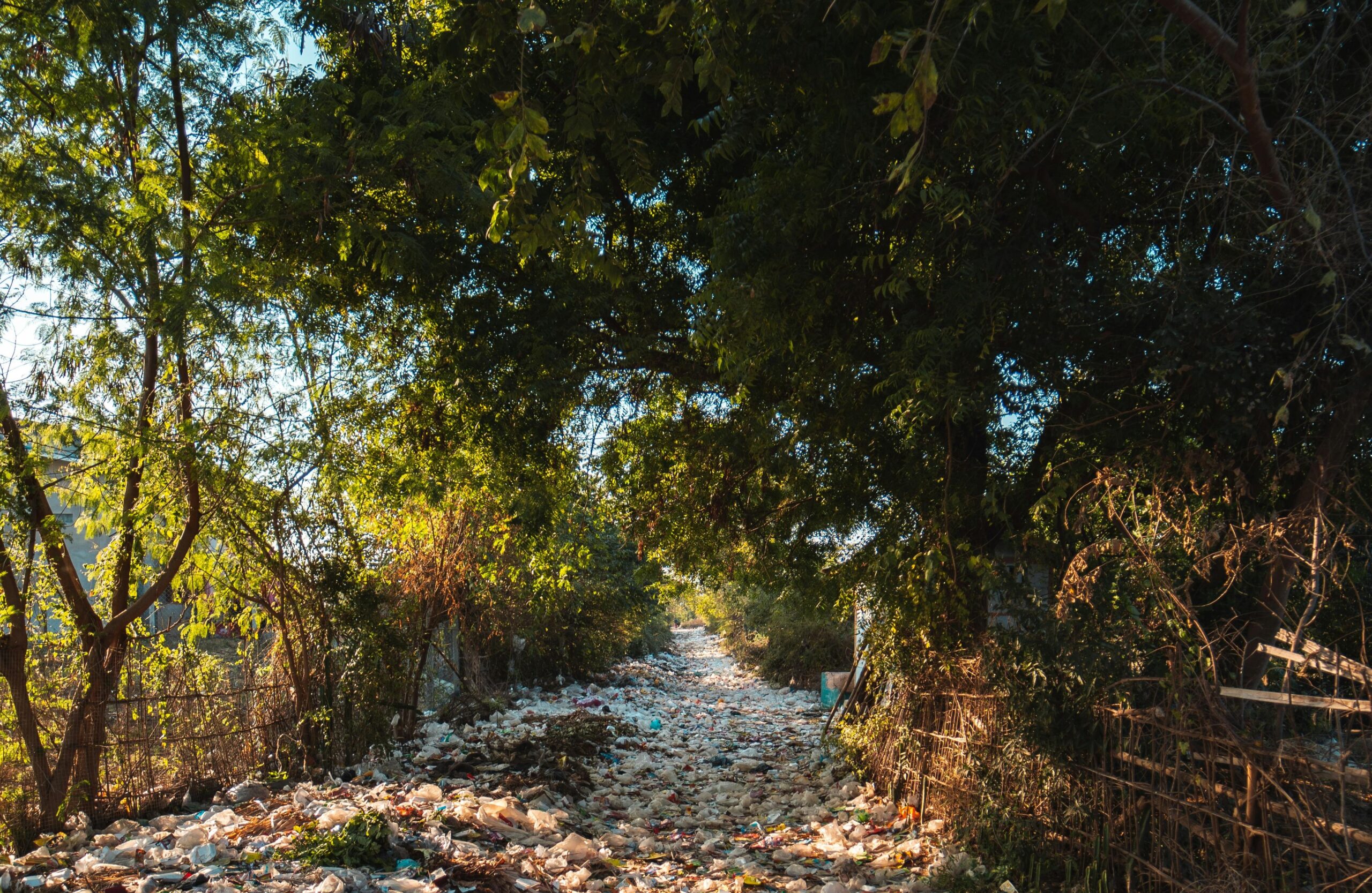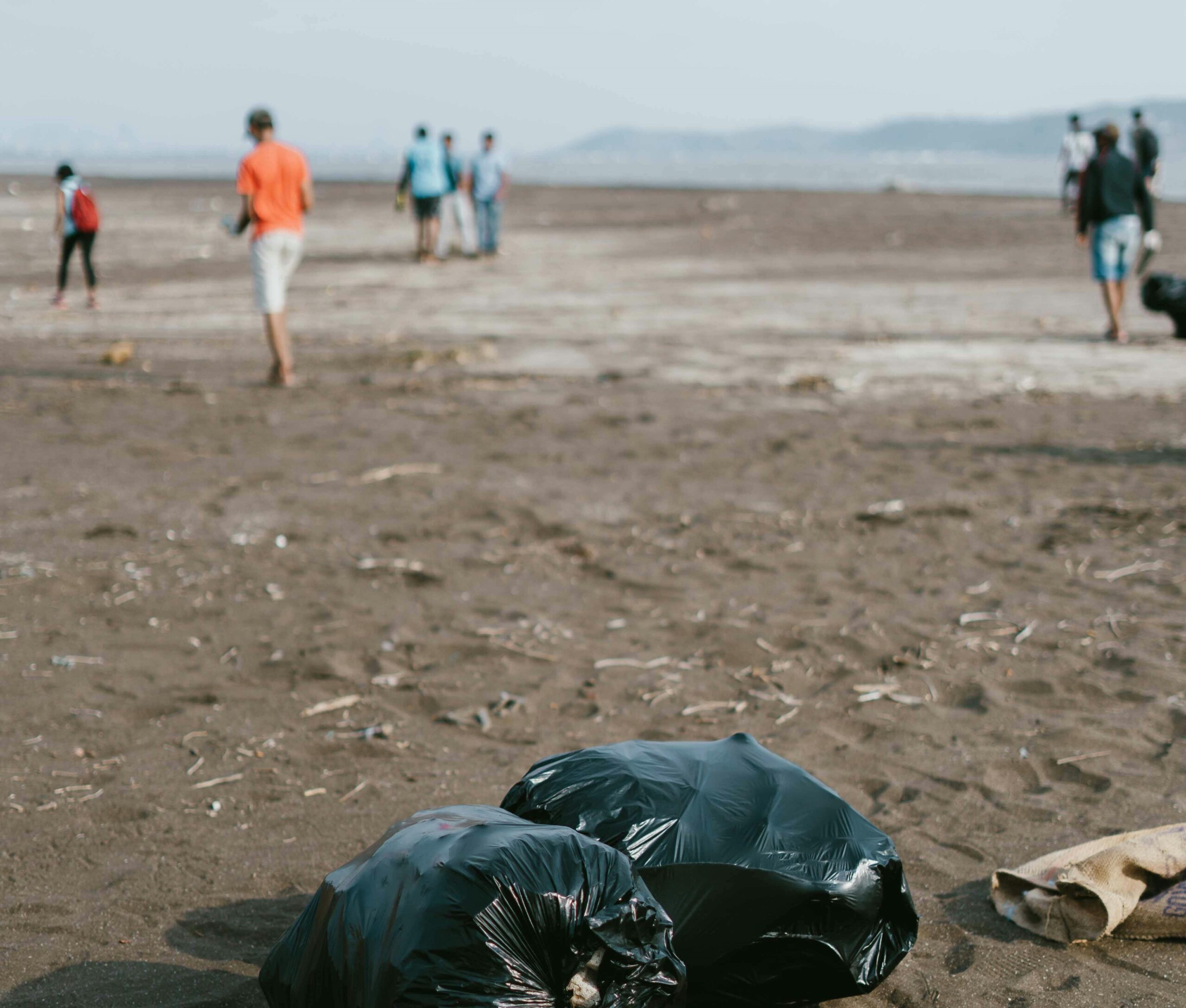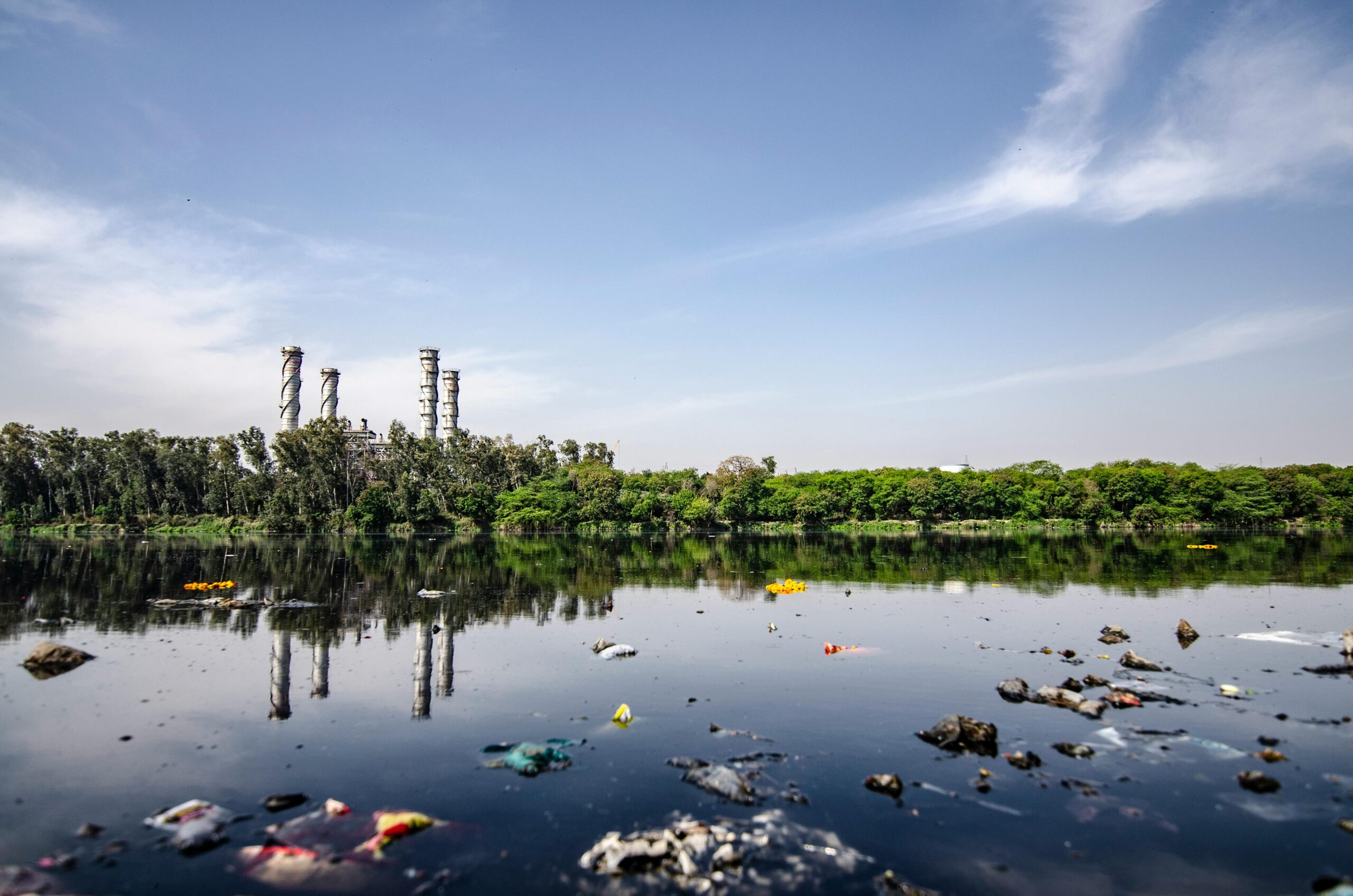Quiz Yourself
What Country Are You Quiz
What Country Are You?
Countries around the world take different stances on plastic pollution. What country do your values align with?
There is a small wait at the end while we tally your results. Please stay on the page.
What's your view on the environmental impact of plastic waste?

How do you feel about implementing strict regulations on single-use plastics?

Which of the following best describes your attitude towards community-driven environmental initiatives?

What role should businesses play in reducing plastic waste?

How do you perceive the relationship between economic growth and environmental sustainability?

What's your opinion on public awareness campaigns regarding plastic pollution?

Countries Quiz
Kenya

Your commitment to urgent action aligns well with Kenya's stringent measures against plastic waste. Kenya has gained international recognition for its bold approach to tackling plastic pollution. In 2017, the East African nation implemented a nationwide ban on single-use carrier bags, making it one of the world's strictest policies against plastic bags. This ban was a significant step towards reducing environmental degradation caused by plastic waste.
Furthermore, Kenya's enforcement of strict fines, which can amount to up to $40,000 for offenders caught using, selling, or manufacturing single-use plastic bags, underscores its proactive stance on environmental sustainability. The hefty penalties send a clear message that Kenya is serious about combating plastic pollution and protecting its natural resources.
Since the introduction of these measures, Kenya has witnessed tangible results, including a significant reduction in plastic bag usage and cleaner environments across the country. The law has not only raised awareness about the harmful effects of plastic pollution but has also led to changes in consumer behavior and increased support for sustainable alternatives.
Overall, Kenya's unwavering commitment to addressing plastic waste through legislative action and strict enforcement exemplifies its dedication to environmental stewardship and sets a positive example for other nations grappling with similar challenges.
Furthermore, Kenya's enforcement of strict fines, which can amount to up to $40,000 for offenders caught using, selling, or manufacturing single-use plastic bags, underscores its proactive stance on environmental sustainability. The hefty penalties send a clear message that Kenya is serious about combating plastic pollution and protecting its natural resources.
Since the introduction of these measures, Kenya has witnessed tangible results, including a significant reduction in plastic bag usage and cleaner environments across the country. The law has not only raised awareness about the harmful effects of plastic pollution but has also led to changes in consumer behavior and increased support for sustainable alternatives.
Overall, Kenya's unwavering commitment to addressing plastic waste through legislative action and strict enforcement exemplifies its dedication to environmental stewardship and sets a positive example for other nations grappling with similar challenges.
Rwanda
Your support for strict regulations and your recognition of the importance of balancing economic growth with environmental sustainability closely align with Rwanda's approach to tackling plastic pollution. Rwanda has emerged as a global leader in environmental conservation through its proactive initiatives. One notable policy is the ban on single-use plastics, which Rwanda implemented to curb plastic pollution and promote eco-friendly practices.
Rwanda's commitment to sustainability extends beyond mere legislation; the country actively promotes green initiatives and encourages the adoption of eco-friendly alternatives. Through its policies and programs, Rwanda has created a conducive environment for businesses and individuals to embrace sustainable practices while fostering economic growth.
Your values, which prioritize environmental protection alongside economic development, resonate with Rwanda's holistic approach to sustainability. By mirroring Rwanda's commitment to stringent regulations and eco-conscious initiatives, you contribute to the collective effort to create a greener, more sustainable future.
Rwanda's commitment to sustainability extends beyond mere legislation; the country actively promotes green initiatives and encourages the adoption of eco-friendly alternatives. Through its policies and programs, Rwanda has created a conducive environment for businesses and individuals to embrace sustainable practices while fostering economic growth.
Your values, which prioritize environmental protection alongside economic development, resonate with Rwanda's holistic approach to sustainability. By mirroring Rwanda's commitment to stringent regulations and eco-conscious initiatives, you contribute to the collective effort to create a greener, more sustainable future.
Ghana

Your acknowledgment of practical solutions and emphasis on individual responsibility closely mirror Ghana's innovative strategy in managing plastic waste. In Ghana, initiatives like the use of plastic waste bricks exemplify the nation's commitment to combating pollution while simultaneously generating employment opportunities.
Ghana's utilization of plastic waste bricks represents a creative and sustainable solution to address the environmental challenges posed by plastic pollution. By transforming plastic waste into durable building materials, Ghana not only reduces the amount of plastic littering its environment but also contributes to the construction industry and fosters economic growth.
Moreover, Ghana's approach underscores the importance of individual responsibility in environmental conservation. By promoting awareness and encouraging participation at the grassroots level, Ghana empowers its citizens to take an active role in preserving their natural surroundings and fostering a culture of sustainability.
Your recognition of practical solutions and individual accountability aligns seamlessly with Ghana's forward-thinking approach to plastic waste management. Together, we can embrace innovative solutions and promote environmental stewardship for a cleaner and more sustainable future.
Ghana's utilization of plastic waste bricks represents a creative and sustainable solution to address the environmental challenges posed by plastic pollution. By transforming plastic waste into durable building materials, Ghana not only reduces the amount of plastic littering its environment but also contributes to the construction industry and fosters economic growth.
Moreover, Ghana's approach underscores the importance of individual responsibility in environmental conservation. By promoting awareness and encouraging participation at the grassroots level, Ghana empowers its citizens to take an active role in preserving their natural surroundings and fostering a culture of sustainability.
Your recognition of practical solutions and individual accountability aligns seamlessly with Ghana's forward-thinking approach to plastic waste management. Together, we can embrace innovative solutions and promote environmental stewardship for a cleaner and more sustainable future.
Zimbabwe
Your skepticism towards environmental initiatives and emphasis on economic interests over sustainability closely parallel Zimbabwe's approach to addressing plastic pollution. Zimbabwe has taken decisive steps, including the ban on polystyrene and the imposition of fines, as part of its efforts to combat plastic pollution, albeit amidst some controversy.
Zimbabwe's ban on polystyrene, commonly used in styrofoam food containers, signifies a proactive measure to reduce the environmental impact of plastic waste. By implementing this ban, Zimbabwe aims to curtail the proliferation of non-biodegradable materials and promote the adoption of eco-friendly alternatives.
Furthermore, the imposition of fines reflects Zimbabwe's commitment to enforcing environmental regulations and holding individuals and businesses accountable for their contribution to plastic pollution. While these measures have sparked debate and encountered challenges, they underscore Zimbabwe's determination to mitigate the adverse effects of plastic waste on the environment.
Your inclination towards prioritizing economic interests aligns with Zimbabwe's pragmatic approach to balancing environmental concerns with socioeconomic considerations. By addressing plastic pollution through policy interventions and regulatory enforcement, Zimbabwe strives to foster sustainable development while addressing pressing environmental challenges.
Together, your skepticism and focus on economic interests parallel Zimbabwe's policies, highlighting the complex dynamics involved in addressing plastic pollution and promoting sustainability in a developing context.
Zimbabwe's ban on polystyrene, commonly used in styrofoam food containers, signifies a proactive measure to reduce the environmental impact of plastic waste. By implementing this ban, Zimbabwe aims to curtail the proliferation of non-biodegradable materials and promote the adoption of eco-friendly alternatives.
Furthermore, the imposition of fines reflects Zimbabwe's commitment to enforcing environmental regulations and holding individuals and businesses accountable for their contribution to plastic pollution. While these measures have sparked debate and encountered challenges, they underscore Zimbabwe's determination to mitigate the adverse effects of plastic waste on the environment.
Your inclination towards prioritizing economic interests aligns with Zimbabwe's pragmatic approach to balancing environmental concerns with socioeconomic considerations. By addressing plastic pollution through policy interventions and regulatory enforcement, Zimbabwe strives to foster sustainable development while addressing pressing environmental challenges.
Together, your skepticism and focus on economic interests parallel Zimbabwe's policies, highlighting the complex dynamics involved in addressing plastic pollution and promoting sustainability in a developing context.
